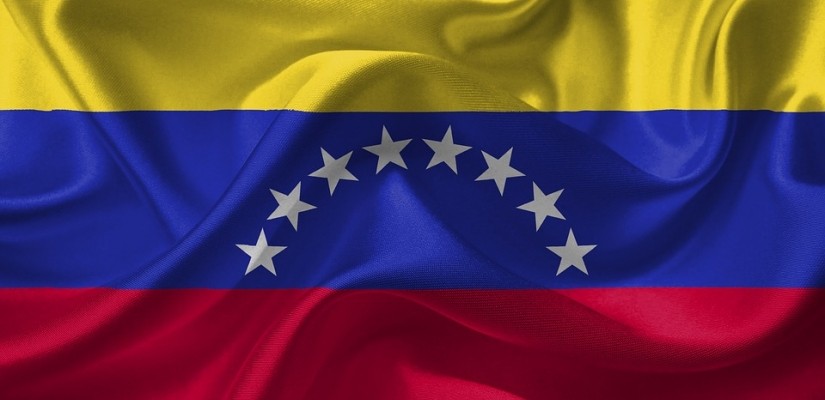The economic and humanitarian situation in Venezuela continues to deteriorate. Rising food and medicine shortages combined with a projected inflation level of 10 million percent by the end of the year have caused a staggering exodus – thus far 3 million people have fled the country. To put pressure on the Venezuelan regime and force Maduro out of power, the United States, along with European and Latin American countries, has implemented individual and sectoral sanctions targeting those associated with Maduro’s government. Sanctions have recently gained popularity as a tool to effect change without military intervention, but the actual results remain hotly contested. A debate among policymakers has been raging on the effects of sanctions in Venezuela; some argue that they are worsening the crisis for the general population, while others maintain that they are helping to oust Maduro and bring long-sought-after stability to the nation.
On September 23, 2019, the Rio treaty was invoked for the first time since the September 11 attacks, with support from 16 of the 19 member countries, to investigate and penalize individuals connected to Maduro’s government who are accused of money laundering, illegal drug trafficking, terrorism, and transnational organized crime. The treaty was a further step by the US, with the support of Latin American countries, to target the Venezuelan regime. Among the parties involved in sanctioning Venezuela, the US has invoked the strongest measures against the Maduro regime and has consequently received the most criticism. In 2014, under the Obama administration, the US implemented the first sanctions against Venezuela. Since then, the US has sanctioned 119 individuals and 47 entities in Venezuela. The Trump administration has continued this trend by using a wide breadth of sanctioning techniques; it has continued the use of individual sanctions, but has also increased emphasis on sectoral sanctions, which prohibit transactions with certain companies engaged in illicit behavior on behalf of the government. The sanctions continue to have lasting economic and financial consequences, including restricting Venezuela from accessing debt and equity markets, prohibiting transactions with the cryptocurrency petromoneda, targeting the oil and gold mining sector by placing sanctions on Venezuela’s state-owned Petroleo de Venezuela SA (PdVSA) and state-operated gold mining company Minerva, and sanctioning the central bank of Venezuela by cutting off its access to US currency and limiting its ability to conduct international transactions. It is largely the combination of various interventions that could make sanctions an effective policy tool by working to isolate the country.

The US has been widely criticized for implementing harsh sanctions and exacerbating the humanitarian crisis, but the US maintains that Maduro’s regime is to blame for the crisis at hand and that the sanctions have limited Maduro’s ability to finance undemocratic activities. The dire conditions existing prior to sanctions demonstrate that while the measures likely worsened humanitarian conditions, they did not cause the crisis. By 2016, a year before financial sanctions were implemented, the Venezuelan Bolivar already had an inflation rate of 255%, and oil production dropped by 1.4 million barrels from 2015 to 2018, before sanctions against PdVSA were enacted. Nearly 90% of the country’s population lives below the poverty line and over half the families cannot meet basic food needs. Massive inflation, the drop in oil production, and deteriorating economic and humanitarian conditions can be largely explained by Venezuela’s dependence on oil exports, paired with the Maduro administration’s extensive mismanagement of funds, political manipulation of institutions, and suppression of individual rights.
Although sanctions have thus far not pushed Maduro out of power, they have helped loosen his grip on authority. Maduro’s willingness to meet and have a dialogue with Juan Guaido, the opposition leader who is considered by over 50 countries to be legitimate president of Venezuela, can be largely attributed to the increased pressure from sanctions that have limited his and his inner circle’s financial abilities. In addition, sanctions have been helpful in limiting the funding that can be exploited to the regime’s advantage.
Sanctions are generally effective in economically impacting the target countries, but historical examples show that the measures are rarely successful in toppling regimes, especially ones as harsh as Maduro’s. Given that China and Russia continue to support Maduro’s regime, the only possible way sanctions could achieve the intended outcome of ousting Maduro would be through an increased number of European and Latin American countries joining the US in enforcing targeted sanctions. However, the rise in popularity of this alternative to war does not mean all are in favor of sanctions: many countries remain wary of the economic risks that sanctions on Venezuela could pose to them as well. Moving forward, the international community should not simply stand by as the crisis in Venezuela escalates. Sanctions, though not the perfect solution, appear to be the best possible option to bring about change.
